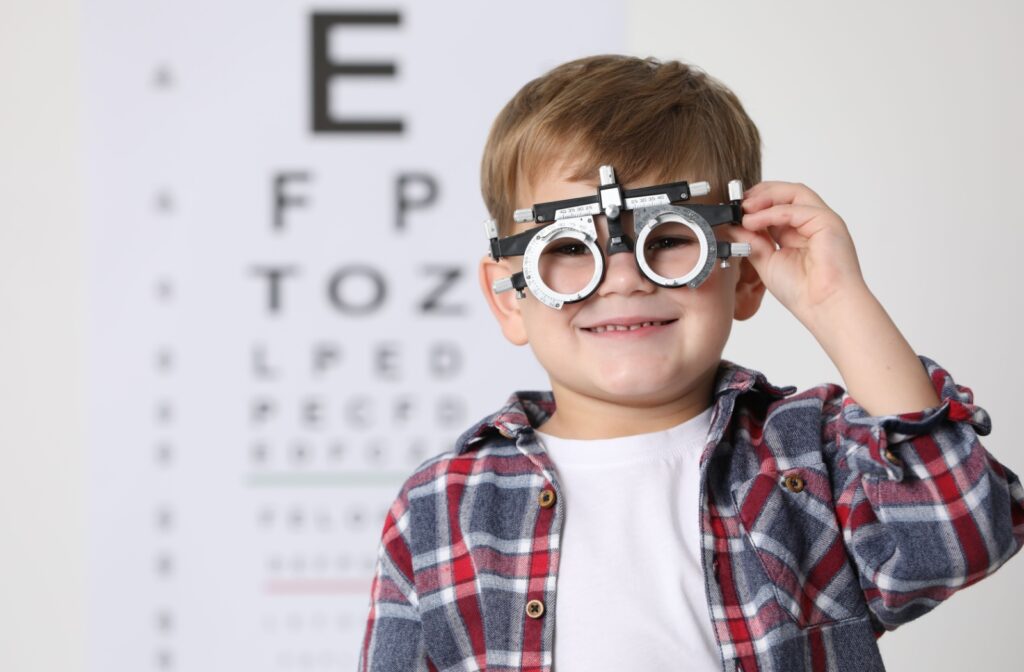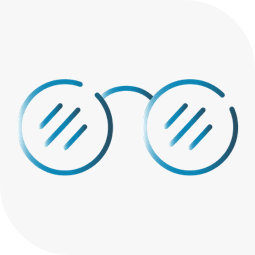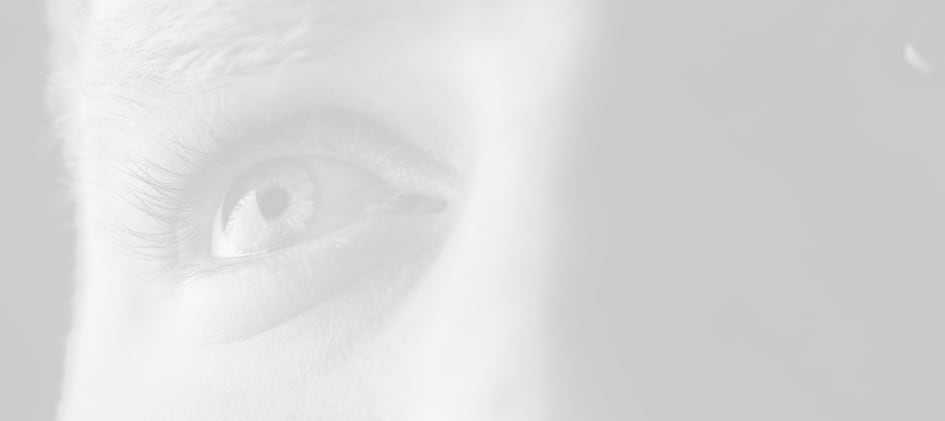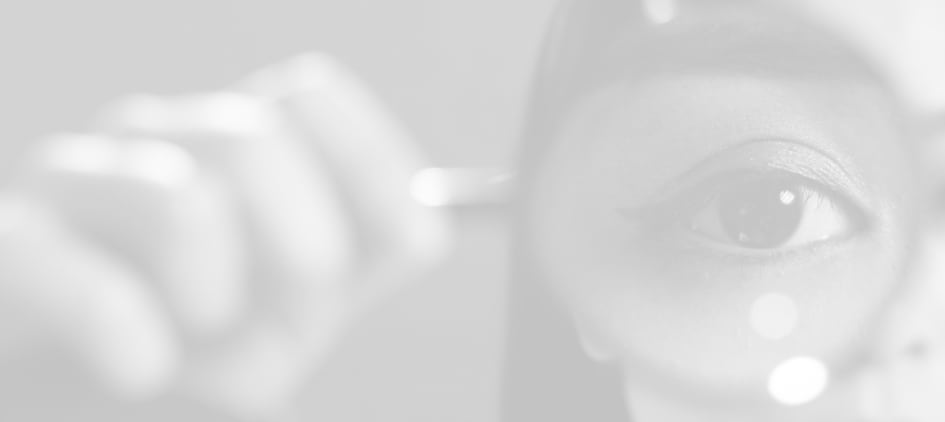Myopia is one of the most common vision conditions, especially among children, and it often leaves families wondering if it can be reversed. While there’s no cure to completely undo myopia, modern treatments offer real solutions to slow it down and protect long-term vision.
Myopia cannot be reversed, but it can be effectively managed and its progress slowed through treatments like specialized contact lenses, special glasses, and lifestyle changes.
With the right care, you can help reduce future risks and support clear, healthy vision for your family.
Myopia is More Than Just Blurry Vision
Myopia occurs when your eye grows too long from front to back, or when the cornea becomes too curved. This causes light to focus in front of the retina rather than directly on it, making distant objects appear blurry while close-up items remain clear.
The condition typically develops during childhood and can progress rapidly during the school years. Research suggests that nearly 50% of the global population could be nearsighted by 2050, with screen time and reduced outdoor activities playing significant roles in this increase.
Signs that you or your child may have myopia include:
- Squinting to see distant objects clearly
- Difficulty reading the board at school or road signs while driving
- Frequent headaches or eye strain
- Holding books or devices very close to the face
- Rubbing eyes frequently, especially after focusing on distant objects
If you notice these symptoms, scheduling a comprehensive eye exam is important for proper diagnosis and treatment planning.
Why Myopia Management Matters
While mild myopia might seem manageable with glasses or contact lenses, the condition often progresses over time, particularly in children. Higher degrees of myopia significantly increase the risk of serious eye complications later in life, including:
- Retinal detachment: The stretched retina in highly myopic eyes is more prone to tears and detachment, which can cause permanent vision loss if not treated immediately.
- Glaucoma: Myopic eyes have an increased risk of developing glaucoma, a condition that damages the optic nerve and can lead to blindness.
- Myopic maculopathy: Severe myopia can cause changes in the macula, the central part of the retina responsible for detailed vision.
- Cataracts: People with high myopia tend to develop cataracts earlier and more frequently than those with normal vision.
Early intervention and proper myopia management can slow progression and reduce these long-term risks, making proactive treatment a wise investment in your family’s future vision health.
Treatment Options for Myopia
Fortunately, there are many treatment options that can help slow myopia progression in children. The treatments below focus on guiding healthy eye growth while maintaining clear vision.
MiSight® Daily Contact Lenses
MiSight® lenses are daily disposable soft contacts designed specifically for myopia management. They offer clear vision throughout the day while also slowing myopia progression with a special optical design that reduces eye growth signals.
MiyoSmart Spectacle Lenses
MiyoSmart lenses are innovative glasses designed for myopia control in children. Using award-winning D.I.M.S. (Defocus Incorporated Multiple Segments) technology, they correct vision while helping slow myopia progression.
These lenses provide clear vision at all distances and guide light to focus in a way that mimics natural vision. MiyoSmart lenses are lightweight, impact-resistant, and offer UV protection—making them a comfortable, durable, and effective choice for active kids.
Your optometrist can recommend options based on your child’s needs and lifestyle.

Supporting Myopia Management With Lifestyle Changes
While professional treatments form the foundation of effective myopia control, lifestyle modifications can improve their effectiveness and support overall eye health.
These small, consistent changes to daily routines can make an impact on slowing myopia progression and supporting clearer vision in children.
Increase Outdoor Time
Research consistently shows that spending time outdoors helps slow myopia progression in children. Natural sunlight exposure appears to stimulate dopamine production in the retina, which may help regulate normal eye growth.
Aim for at least two hours of outdoor activity daily. This doesn’t need to be a structured exercise—playing in the yard, walking to school, or having lunch outside all count toward this goal.
Manage Screen Time
While we can’t eliminate screens from modern life, we can use them more thoughtfully. Implement the 20-20-20 rule: every 20 minutes, look at something 20 feet away for at least 20 seconds. This gives your eyes a chance to relax and refocus.
Prioritize Sleep & Eye-Healthy Nutrition
Quality sleep supports healthy eye development, while proper nutrition provides the building blocks for optimal vision. Include foods rich in omega-3 fatty acids, leafy green vegetables, and colorful fruits in your family’s diet to support long-term eye health.
Get Started Improving Your Family’s Vision Today
Myopia can’t be reversed, but it can be managed with the right care. At Collingwood Optometry, we offer personalized myopia management to help slow progression and protect long-term vision. Book an appointment today and give your child the support they need for clearer, healthier eyesight.























